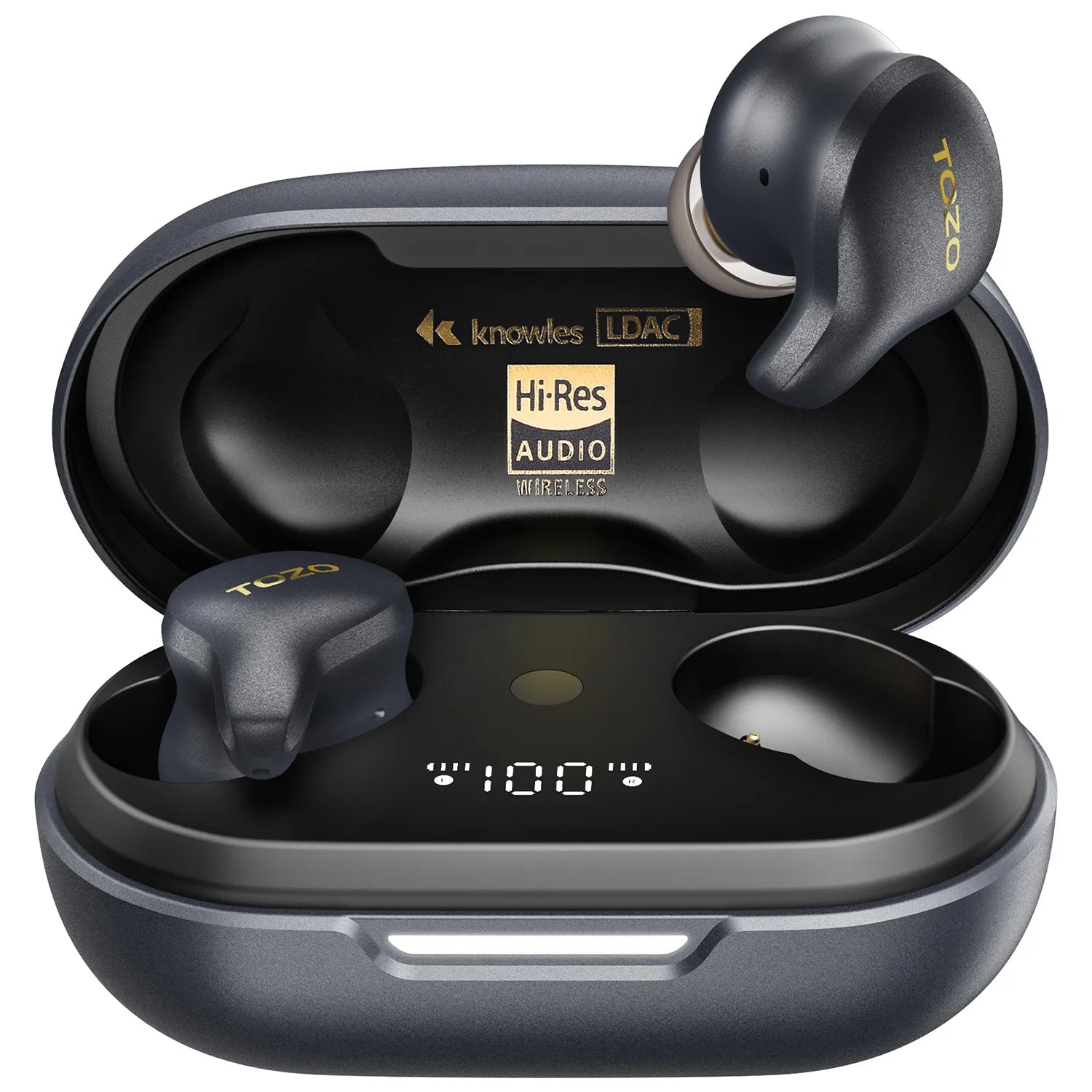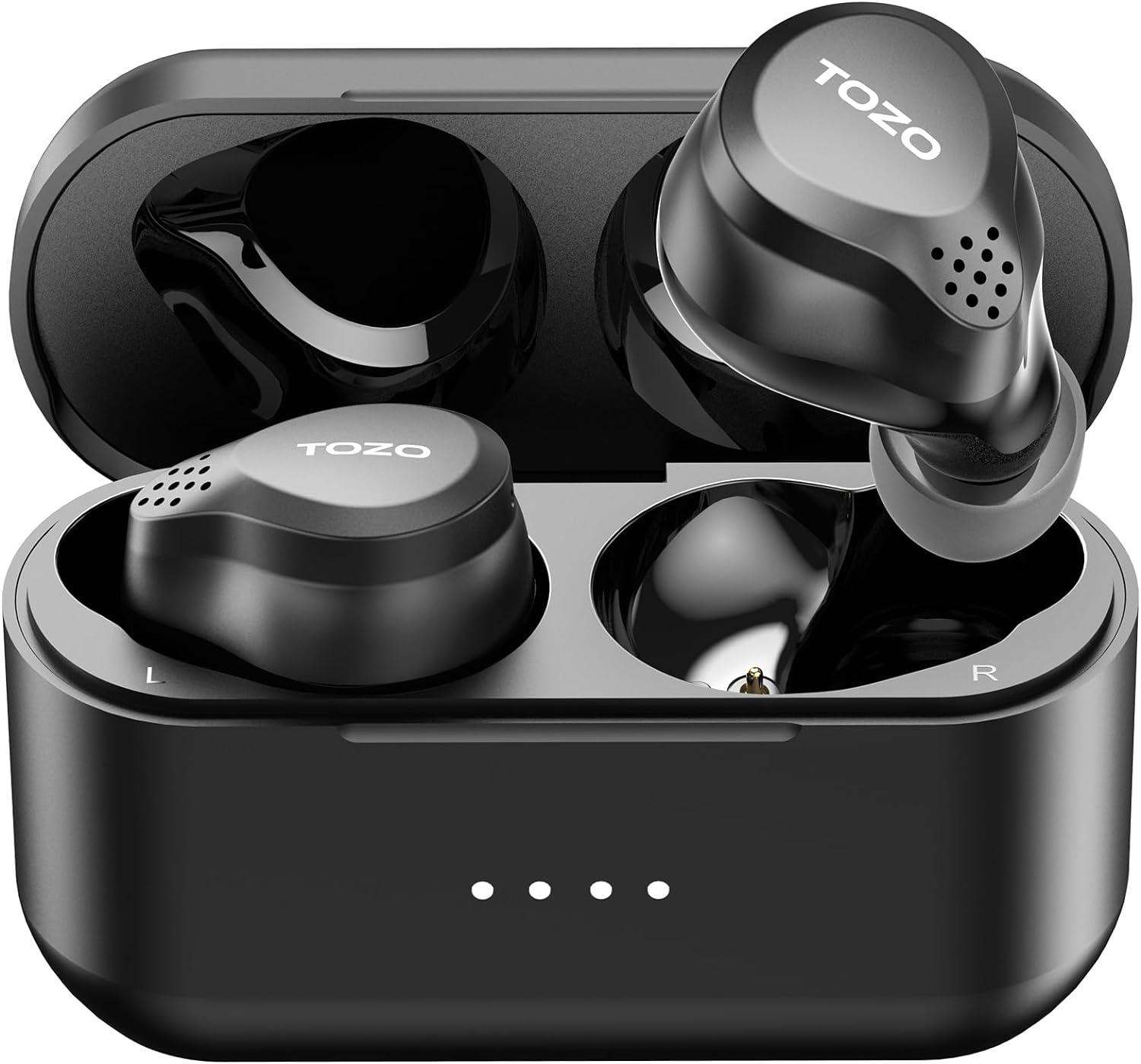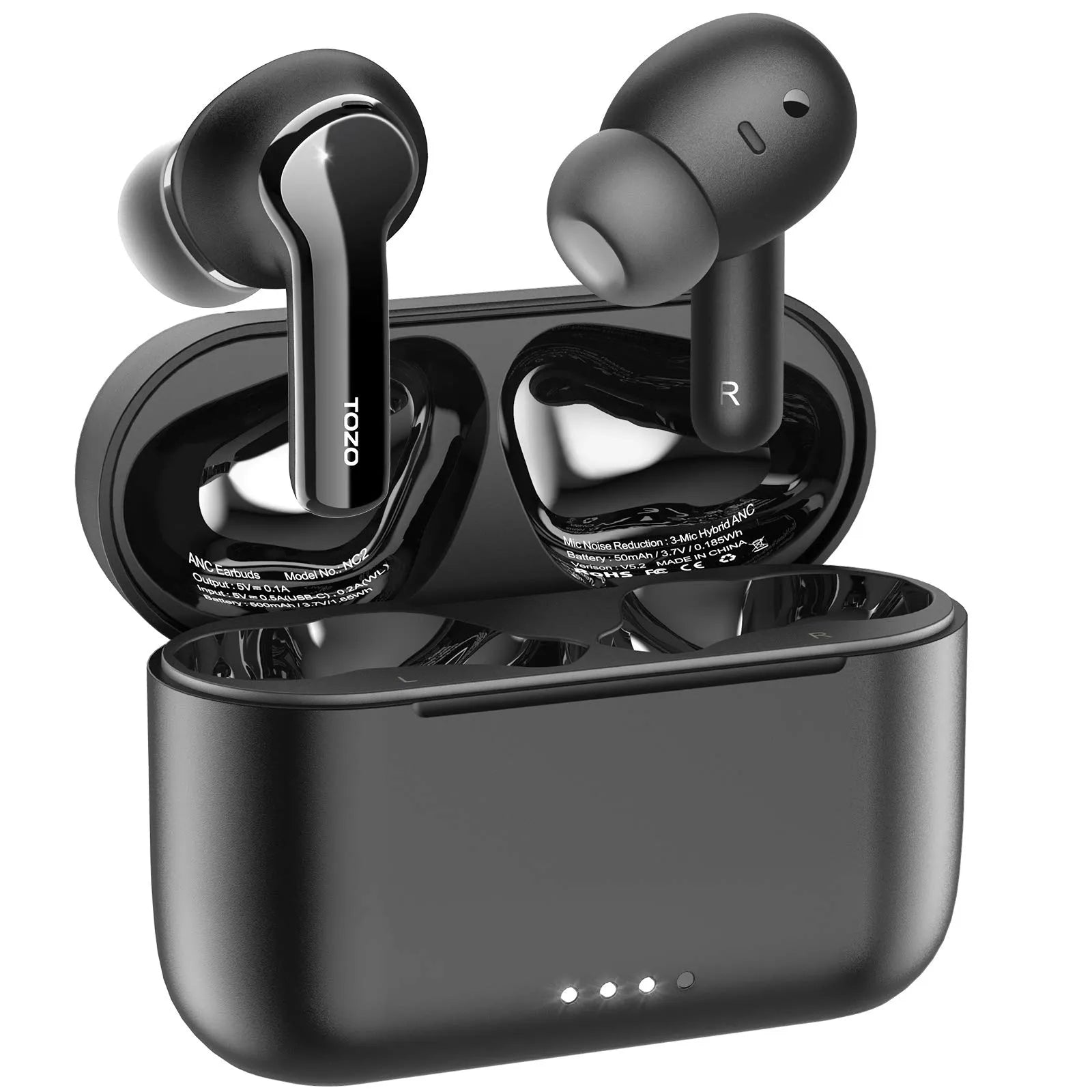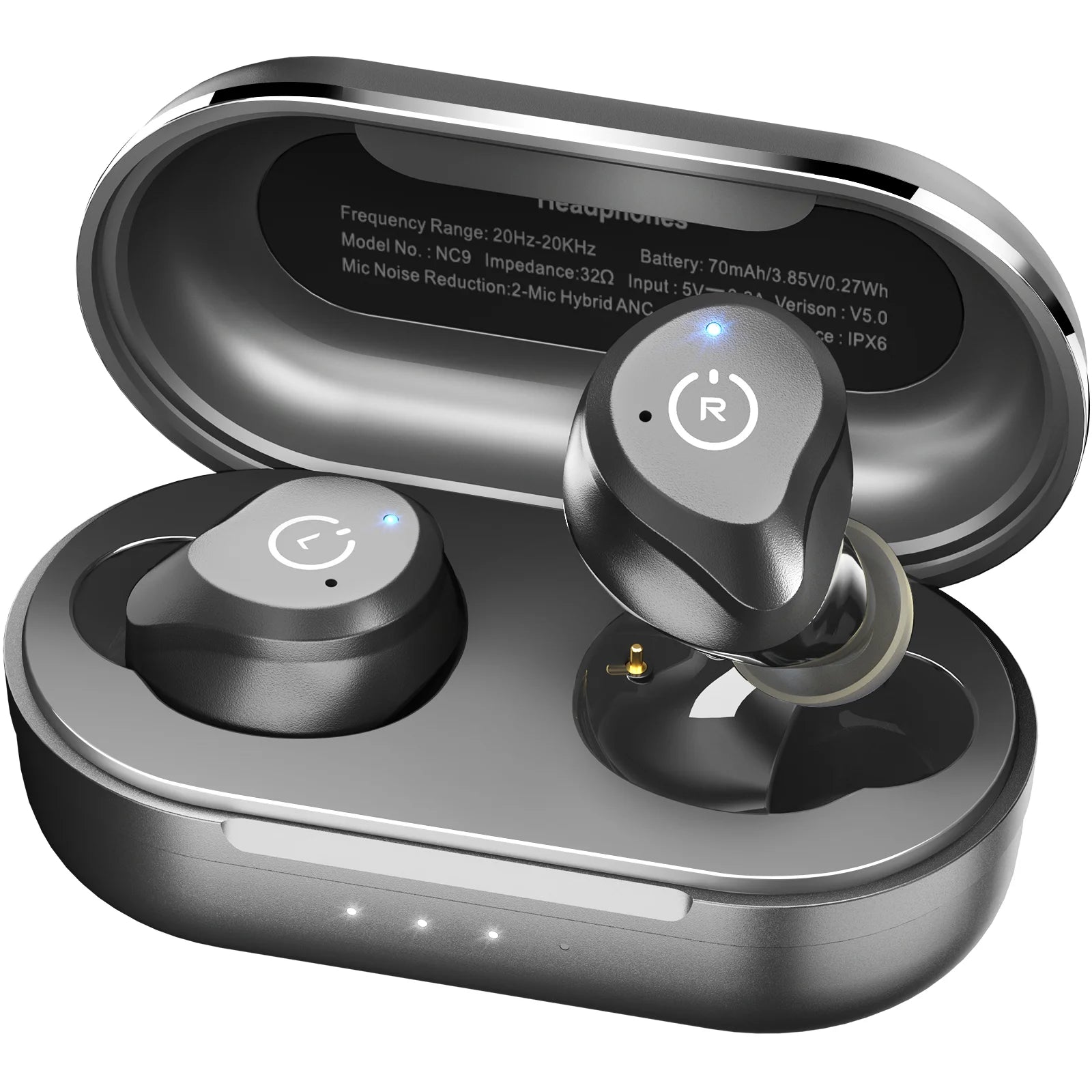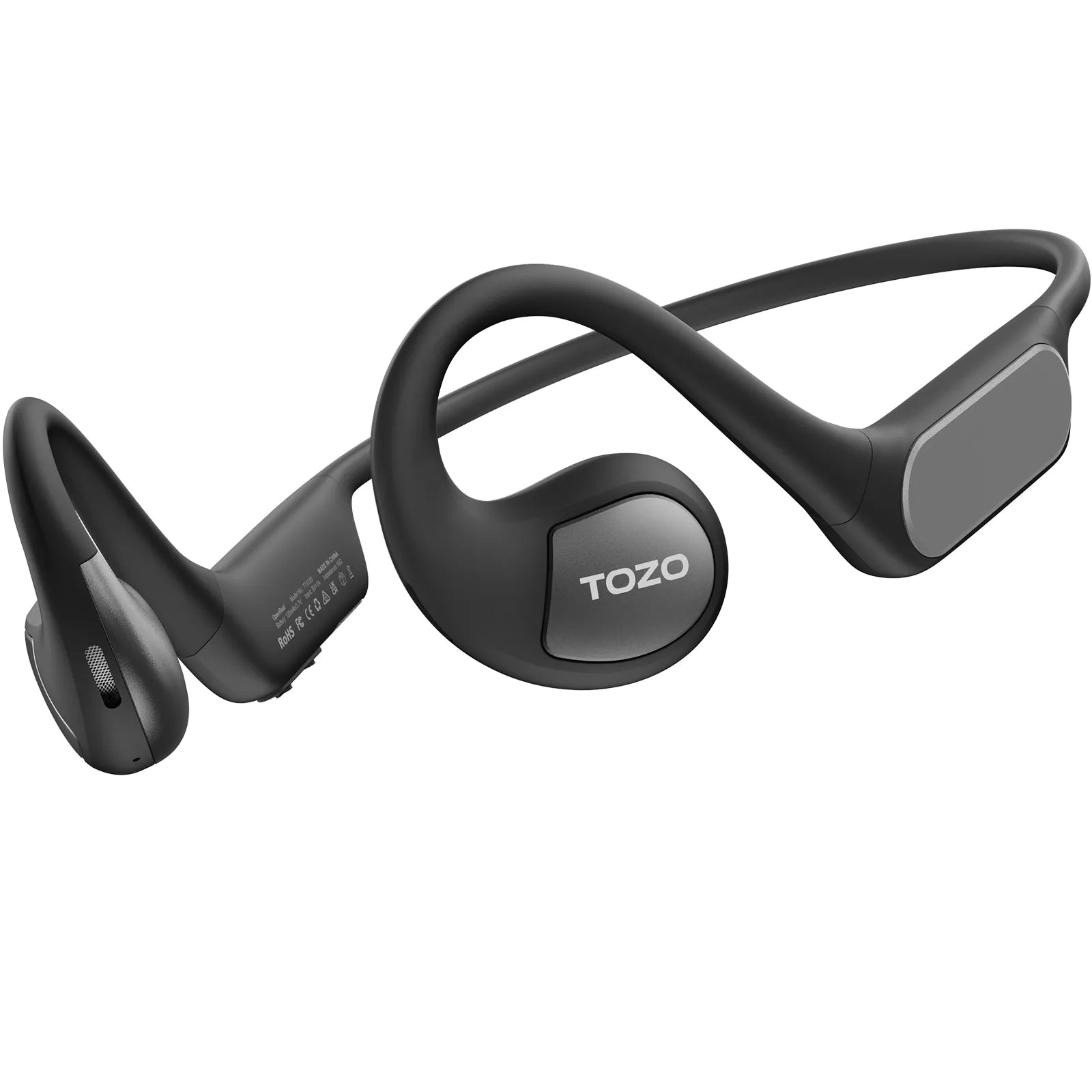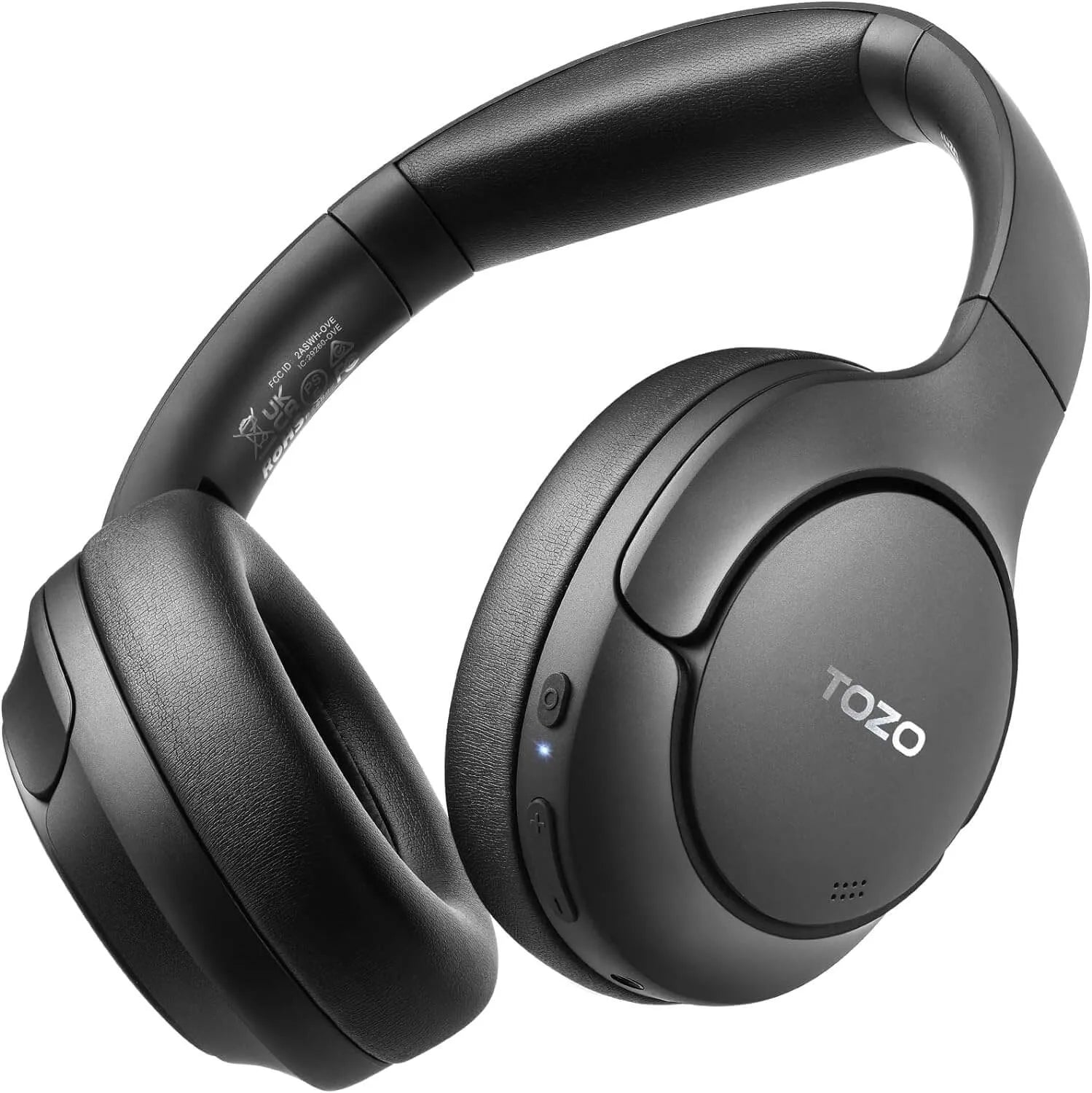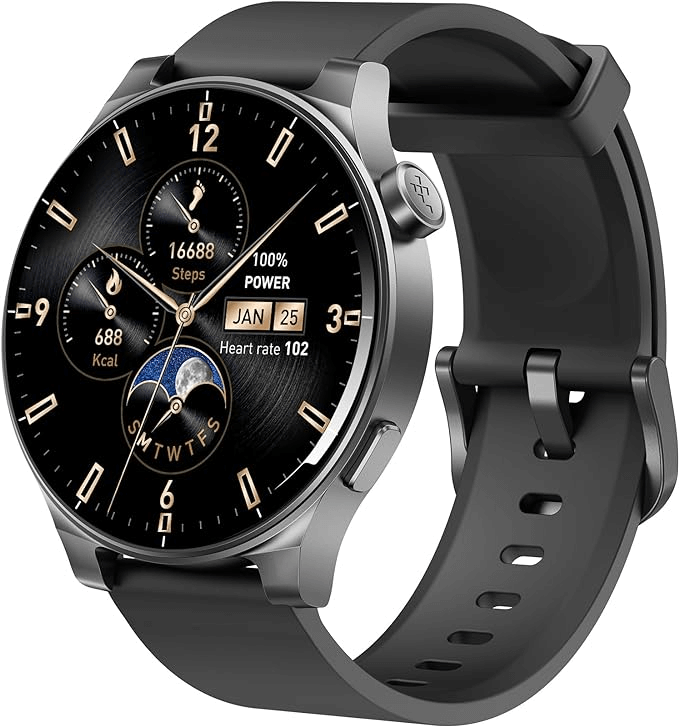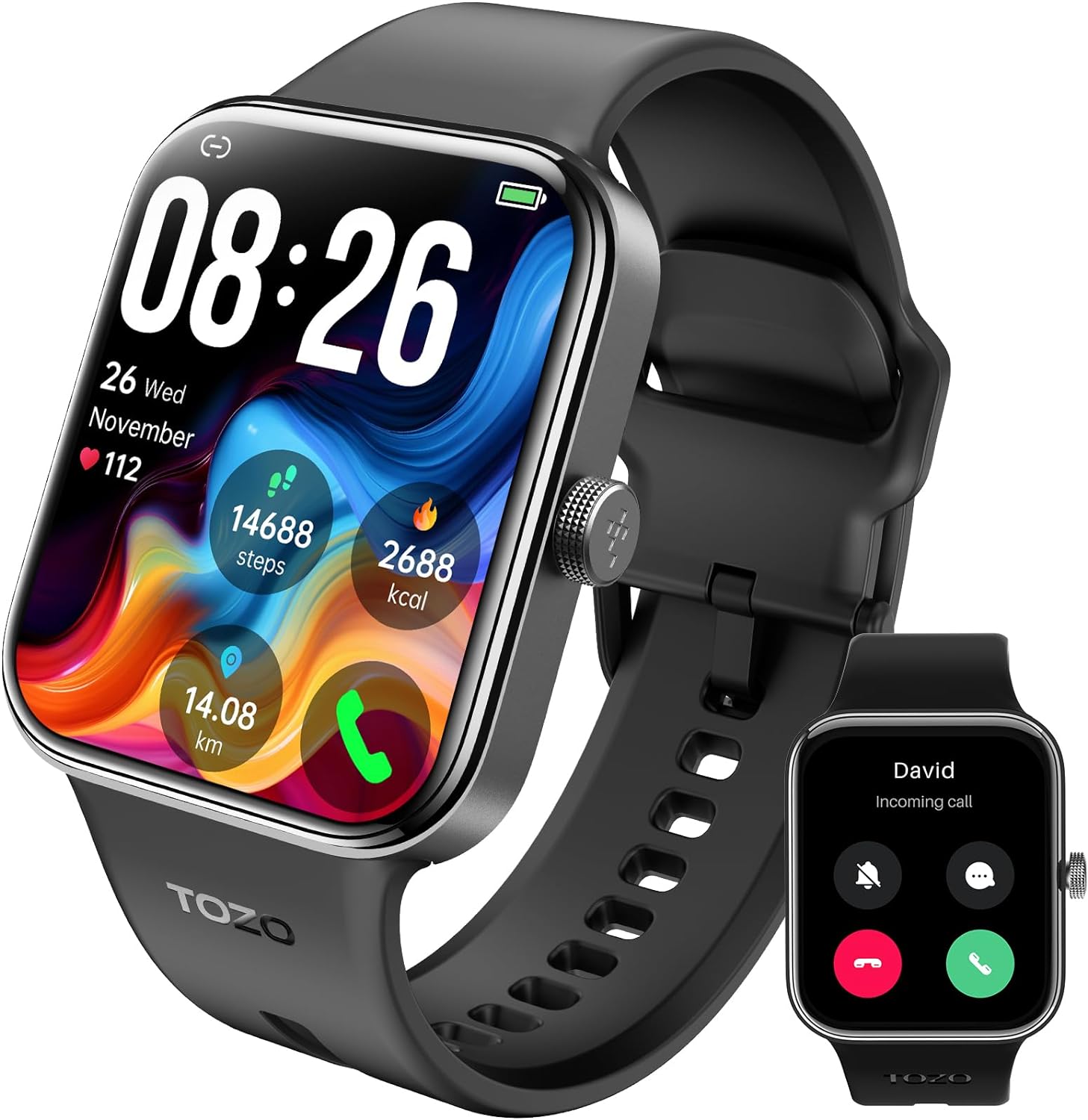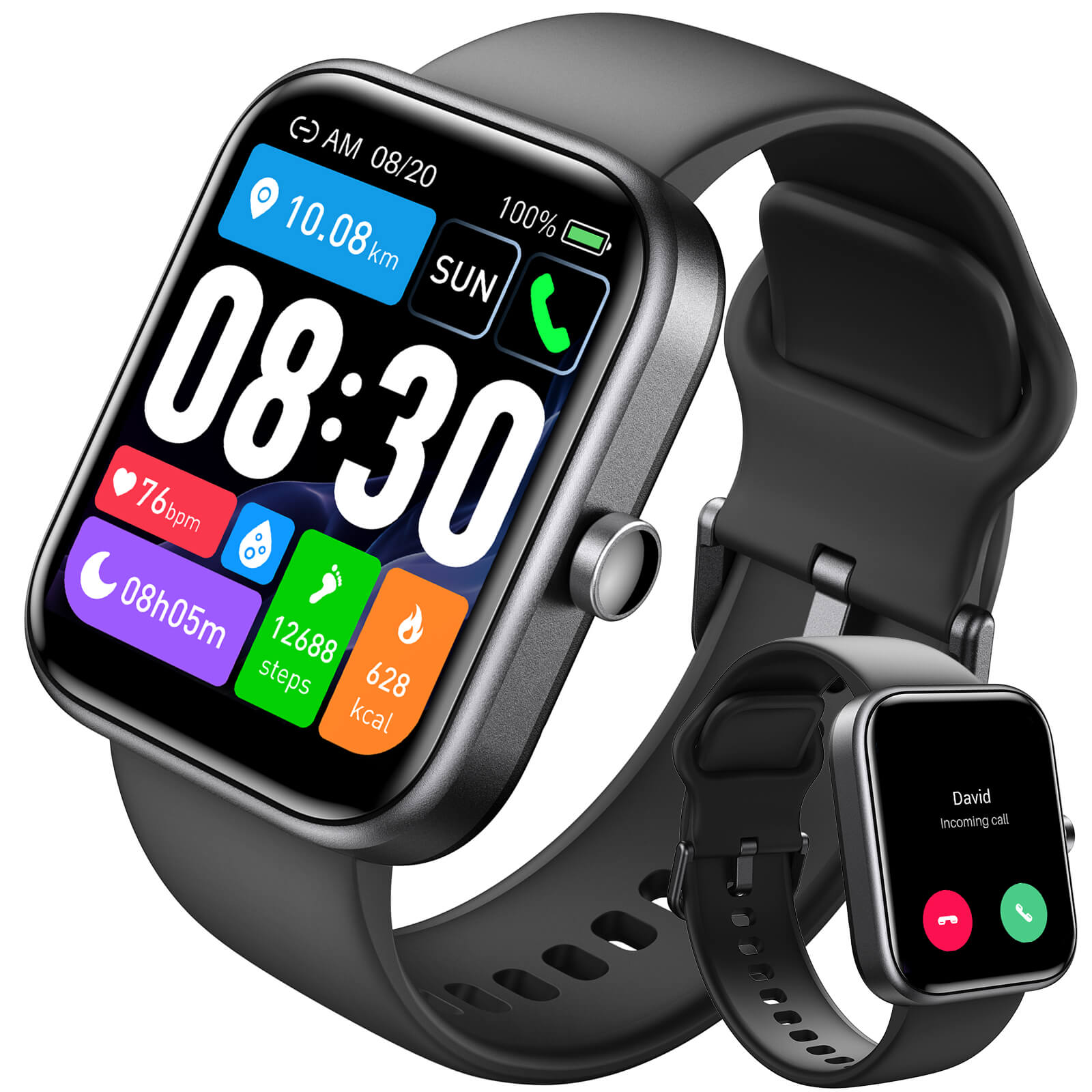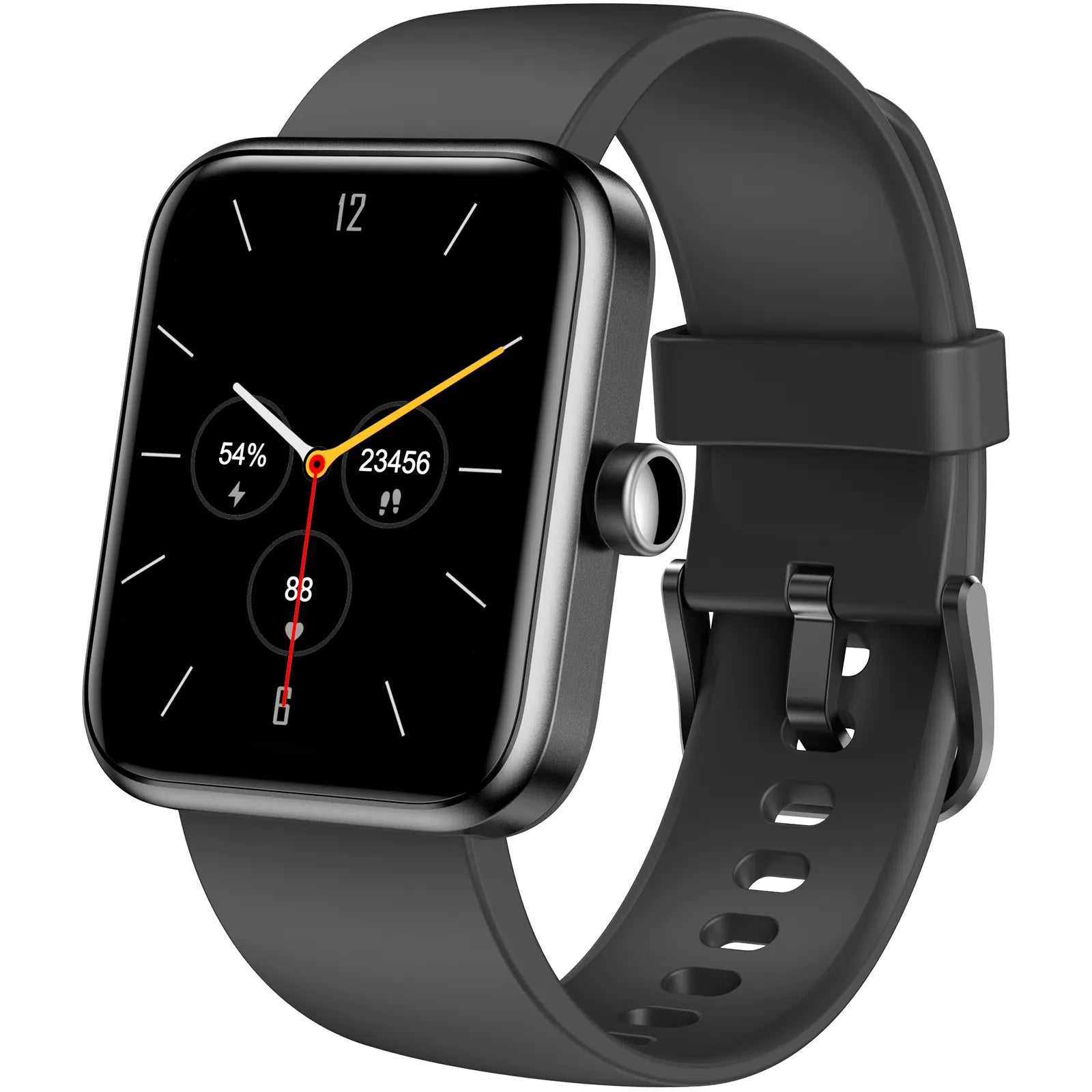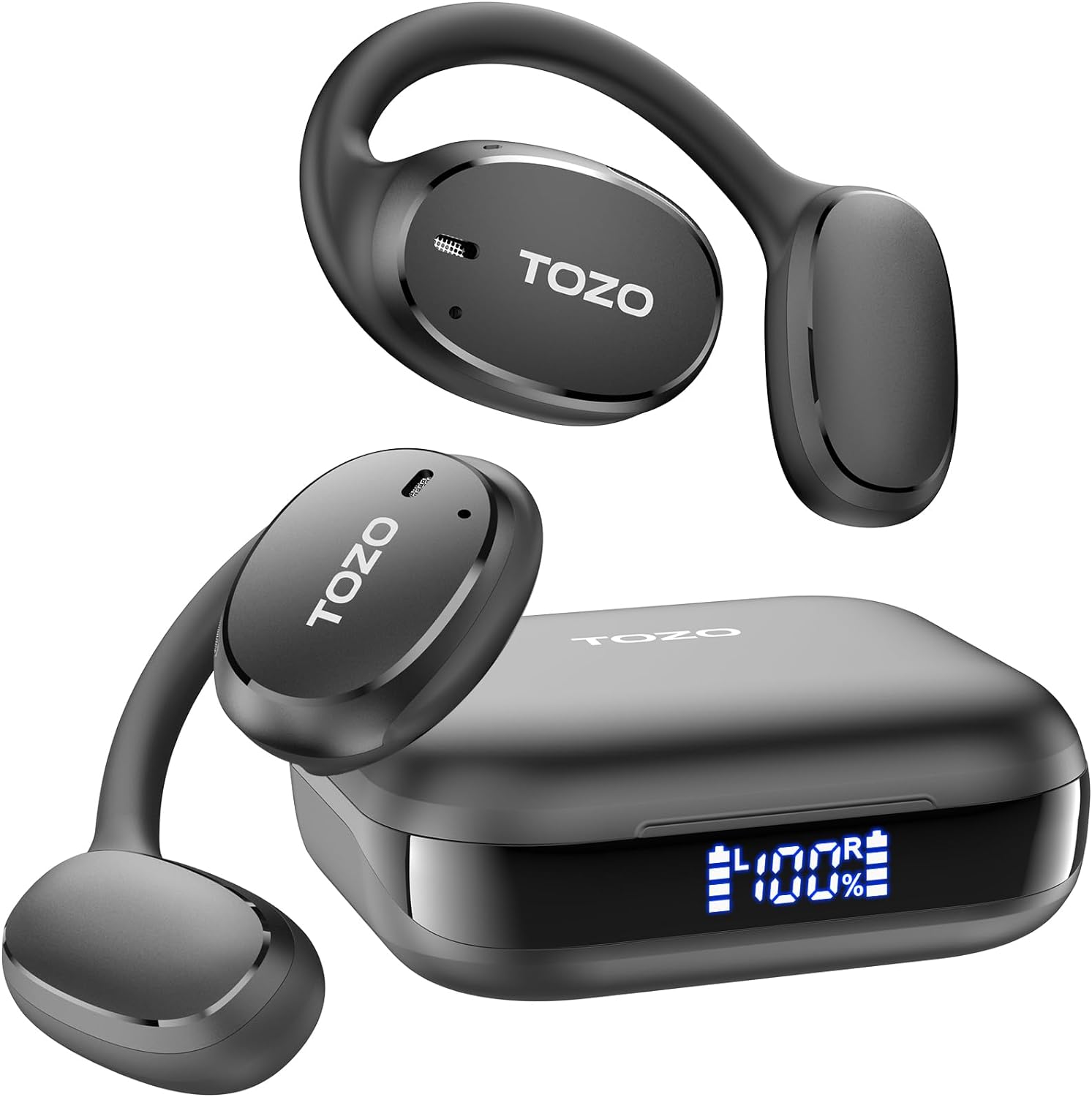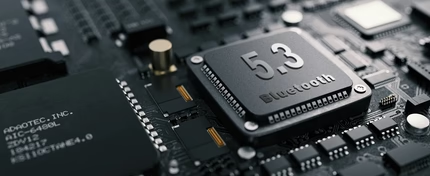Earbuds have steadily gained popularity in the last decade. As more people rely on mobile devices like smartphones and tablets, they increasingly invest in accessories like earbuds. However, the type of earbuds you choose can significantly influence your comfort, convenience, and overall listening experience.
When shopping for earbuds, you'll find both wired and wireless options. This guide will help you understand their differences and similarities to choose the best option for your needs.
Wired Earbuds: Pros and Cons
Pros
- Affordable: Wired earbuds are budget-friendly, often available for under $10.
- Good Sound Quality: They provide clear sound for music, lectures, and videos.
- Portable: Lightweight and easy to carry without requiring a dedicated case.
- Easy Connection: No need for Bluetooth pairing—just plug and play.
- No Charging Required: Unlike wireless earbuds, wired ones don’t need a battery.
Cons
- Tangle Prone: Wires can easily get tangled in pockets or bags.
- Limited Mobility: The device must remain physically connected for the earbuds to work.
- Durability Issues: Wires can fray or break over time, requiring frequent replacements.

Wireless Earbuds: Pros and Cons
Pros
- Freedom of Movement: No wires, allowing unrestricted mobility.
- Comfort: Often more comfortable than wired earbuds, especially for sensitive ears.
- Noise Cancellation: Many models provide excellent background noise reduction.
- Water Resistance: Some models can withstand rain or sweat.
- Enhanced Features: Includes touch control, voice assistants, and even fitness tracking.
Cons
- Higher Cost: Wireless earbuds tend to be more expensive.
- Charging Required: They require regular charging, which can be inconvenient.
- Connectivity Issues: Bluetooth connectivity can sometimes be unstable.
Factors to Consider When Choosing Between Wired and Wireless Earbuds
- Sound Quality: Wired earbuds generally have lower latency, while wireless earbuds offer noise cancellation.
- Convenience and Portability: Wireless earbuds are more convenient, but wired ones don’t require charging.
- Latency and Delay: Wired earbuds have minimal delay, ideal for gaming and video editing.
- Battery Life: Wireless earbuds require recharging, while wired ones work without power.
- Connectivity and Compatibility: Some wireless earbuds are brand-specific, while wired ones work universally.
- Budget: Wireless earbuds are generally pricier, though some affordable models exist.
Types of Use Cases for Wired and Wireless Earbuds
Working Out / Active Lifestyle
Wireless earbuds are ideal for exercise due to their wire-free design and water resistance.
Commuting / Travel
Wireless earbuds with noise cancellation help block out ambient noise for a better experience.

Gaming / Video Editing
Wired earbuds offer lower latency, making them preferable for gaming and professional video editing.
Casual Listening / Everyday Use
Both types work well for daily use; wired options are budget-friendly, while wireless provide added convenience.
Conclusion
Wired and wireless earbuds each have unique benefits. The right choice depends on your budget, lifestyle, and personal preferences. Regardless of your selection, protecting your earbuds with a quality case can extend their lifespan.






















